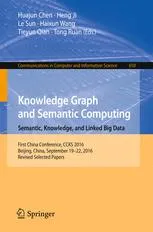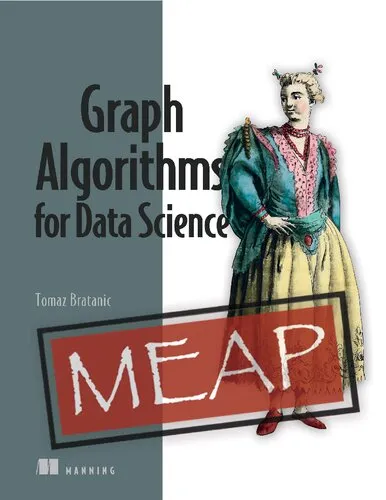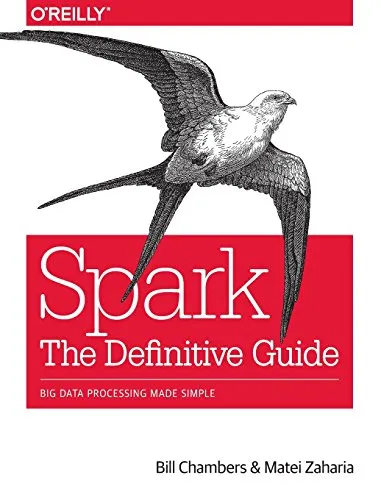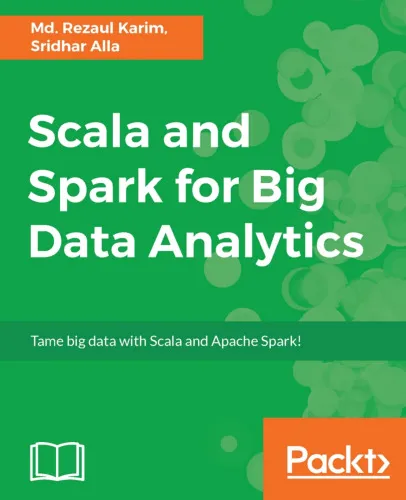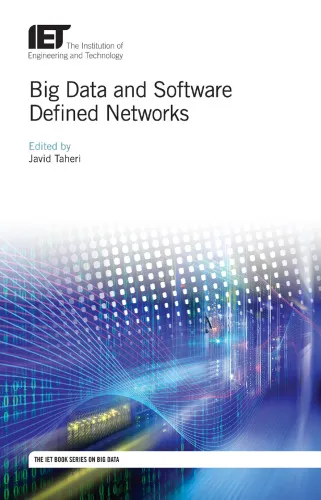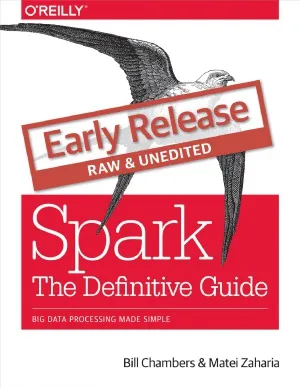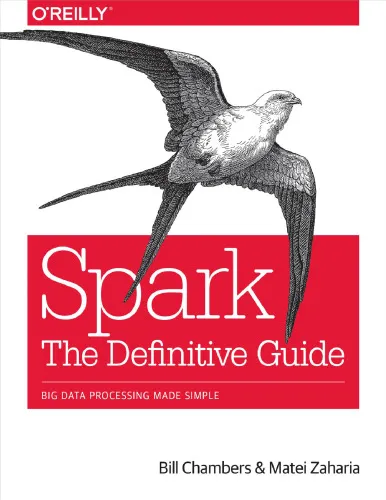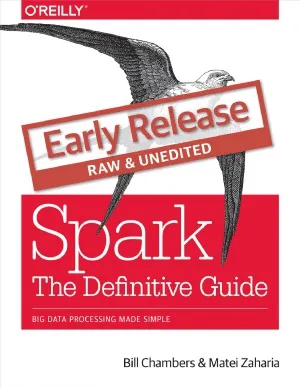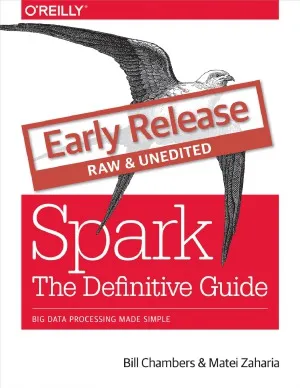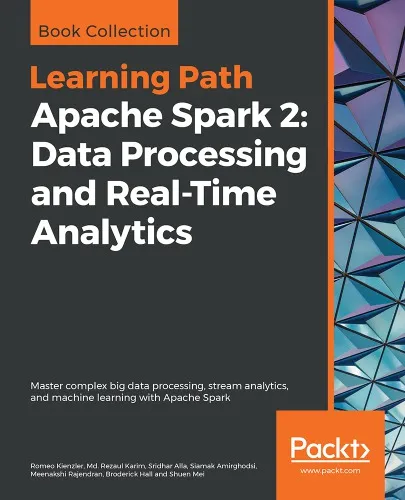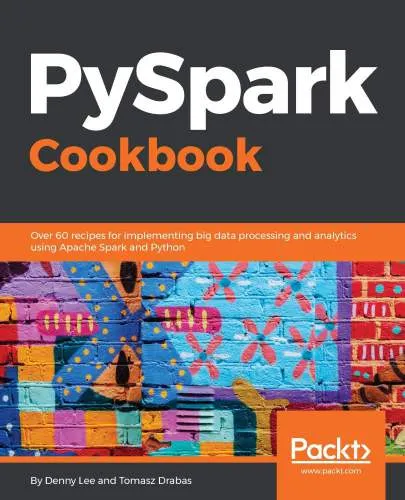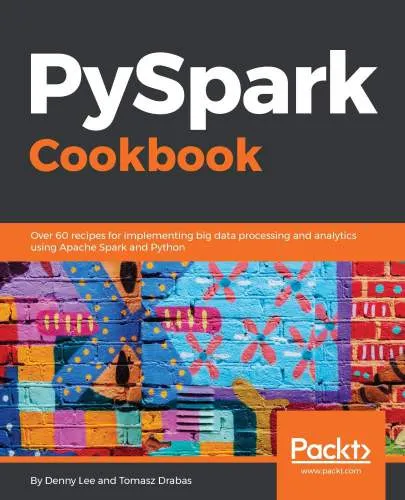Knowledge Graph and Semantic Computing: Semantic, Knowledge, and Linked Big Data: First China Conference, CCKS 2016, Beijing, China, September 19-22, 2016, Revised Selected Papers
4.0
Reviews from our users

You Can Ask your questions from this book's AI after Login
Each download or ask from book AI costs 2 points. To earn more free points, please visit the Points Guide Page and complete some valuable actions.کتاب های مرتبط:
Introduction
The book, "Knowledge Graph and Semantic Computing: Semantic, Knowledge, and Linked Big Data," is a collection of revised selected papers from the First China Conference on Knowledge Graph and Semantic Computing (CCKS 2016) held in Beijing, China, from September 19-22, 2016. This unique publication delves into the theories, methods, and practical applications of knowledge graphs and semantic computing, which are instrumental in the era of big data and artificial intelligence. Edited by Huajun Chen, Heng Ji, Le Sun, Haixun Wang, Tieyun Qian, and Tong Ruan, the book provides an authoritative insight into how semantic technologies are shaping modern data management, analytics, and decision-making processes.
The book captures the latest advancements and contributions of researchers in the field of semantic computing and knowledge representation, making it an essential guide for academia, industry professionals, and students alike. The content emphasizes the role of linked data, semantic interoperability, and intelligent systems, aligning well with current technological demands in handling complex and large-scale data ecosystems.
Summary of the Book
This book serves as a comprehensive exploration of the latest trends and methodologies in the realm of knowledge graphs and semantic computing. The content spans multiple areas, including knowledge acquisition, graph-based algorithms, natural language processing, semantic reasoning, and linked data technologies. It brings together detailed accounts of theoretical advancements as well as practical case studies and applications in areas such as search engines, information retrieval, question answering systems, and intelligent agents.
The selected papers discuss innovative approaches to constructing knowledge graphs from structured, semi-structured, and unstructured data sources. The text also examines techniques for integrating diverse data sets, maintaining consistency in ontology-driven systems, and enabling semantic search capabilities. Through advanced algorithms and machine learning models, the book highlights methods for extracting meaningful insights and deriving hidden patterns from big data repositories.
Furthermore, the book offers a forward-thinking perspective on how semantic computing can be utilized to create intelligent systems that rely on interconnected knowledge. It anticipates future needs in AI-driven services and applications, such as personal assistants, smart recommendation systems, and automated decision-making systems, by emphasizing flexible and dynamic knowledge frameworks.
Key Takeaways
- An in-depth understanding of the foundations and principles of knowledge graph construction and integration.
- Exploration of state-of-the-art methodologies for semantic reasoning and inference on large datasets.
- Insights into how linked data technologies enable interoperability across various platforms and domains.
- Applications of knowledge graphs in cutting-edge fields such as artificial intelligence, natural language processing, and big data analytics.
- Perspective on the rapidly evolving field of semantic computing and its impact on intelligent systems and data-driven decision-making.
Famous Quotes from the Book
“The future of knowledge representation lies in semantically rich, context-aware, and dynamic frameworks that can evolve alongside the data they describe.”
“Semantic computing is the bridge between raw data and insightful information, enabling machines to understand, reason, and assist in human decision-making processes.”
"Linked data is not just about connecting pieces of information. It's about unlocking their collective value through seamless interoperability."
Why This Book Matters
This book is a vital contribution to the rapidly growing domains of semantic computing and knowledge graph research. It offers a structured and comprehensive framework for understanding the challenges and opportunities associated with leveraging semantic technologies in modern data ecosystems. As the volume and complexity of data grow exponentially, the ability to synthesize information meaningfully becomes increasingly critical.
The book's multidisciplinary approach bridges computer science, linguistics, and artificial intelligence, providing a holistic perspective on knowledge representation systems. It outlines both the technical principles and the practical implications of integrating semantic computing into real-world applications. For researchers, this book will set the foundation for future studies in data interoperability, ontology development, and intelligent algorithms. For professionals, the actionable insights promise to improve organizational efficiency by unlocking the hidden potential of data assets.
In a time where data-driven insights drive industries, this book empowers readers to make sense of interconnected, large-scale knowledge systems. Its emphasis on semantic reasoning, linked data, and intelligent applications makes it a timeless resource for anyone seeking to stay at the forefront of technological innovation.
Free Direct Download
You Can Download this book after Login
Accessing books through legal platforms and public libraries not only supports the rights of authors and publishers but also contributes to the sustainability of reading culture. Before downloading, please take a moment to consider these options.
Find this book on other platforms:
WorldCat helps you find books in libraries worldwide.
See ratings, reviews, and discussions on Goodreads.
Find and buy rare or used books on AbeBooks.
1291
بازدید4.0
امتیاز0
نظر98%
رضایتReviews:
4.0
Based on 0 users review
Questions & Answers
Ask questions about this book or help others by answering
No questions yet. Be the first to ask!
